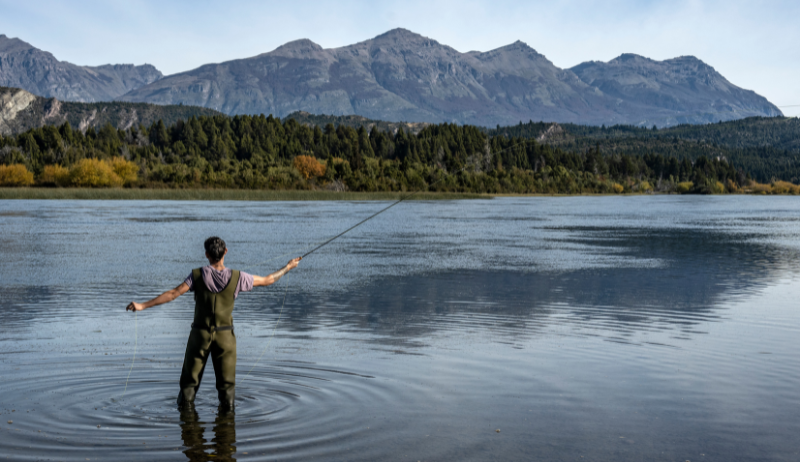Sustainable Fishing Practices: How Indonesian Skipjack Tuna Suppliers Protect Ocean Resources
December 19, 2024

Sustainable Fishing Practices: How Indonesian Skipjack Tuna Suppliers Protect Ocean Resources
In an era where ocean conservation has become increasingly critical, Indonesian skipjack tuna suppliers are emerging as pioneers in sustainable fishing practices. As one of the world largest tuna producers, Indonesia commitment to balancing economic needs with environmental responsibility ensures that future generations can continue to enjoy this vital marine resource.
The Global Impact of Indonesian Skipjack Tuna Industry
Indonesia position in the global tuna market is substantial, contributing approximately 7% of global tuna production. The industry provides livelihoods for over 1 million Indonesians and generates more than $500 million in annual export revenue. This economic significance has driven substantial investments in sustainable practices and modern technologies.
Revolutionary Sustainable Fishing Methods
Pole-and-Line Fishing Excellence
Indonesian suppliers have modernized traditional pole-and-line fishing while maintaining its environmental benefits:
- Minimal bycatch of non-target marine species, protecting ocean biodiversity
- Reduced impact on coral reefs and ocean floor ecosystems
- Selective harvesting of mature tuna, ensuring population sustainability
Marine Protected Areas (MPAs)
Strategic establishment of MPAs has created essential safe havens for tuna populations:
- Designated breeding grounds for skipjack tuna
- Protected critical marine habitats
- Enhanced biodiversity conservation efforts
Advanced Technology Implementation
Satellite Monitoring Systems
Modern technology plays a crucial role in ensuring sustainable practices:
- GPS-enabled vessels for precise fishing zone identification
- Real-time monitoring of fishing activities
- Strict enforcement of catch quotas and seasonal restrictions
Blockchain Traceability
Implementation of cutting-edge blockchain technology provides:
- Complete supply chain transparency from catch to delivery
- Verification of sustainable fishing practices
- Enhanced consumer confidence in product origin
International Standards and Certification
Indonesian suppliers maintain the highest industry standards through:
- Marine Stewardship Council (MSC) certification
- Fair Trade certification compliance
- HACCP implementation
- Friend of the Sea certification
Community Development and Economic Sustainability
The industry commitment to sustainability extends beyond environmental concerns:
- Comprehensive training programs for traditional fishers
- Investment in local processing facilities
- Fair pricing mechanisms ensuring economic stability
- Long-term employment opportunities for local communities
Future Challenges and Adaptations
The industry continues to evolve in response to emerging challenges:
- Climate change adaptation strategies
- Monitoring and adjusting to changing migration patterns
- Meeting growing global demand sustainably
- Maintaining competitive pricing while ensuring conservation
Consumer Role in Sustainable Fishing
Consumers play a vital role in supporting sustainable practices:
- Making informed choices through certification awareness
- Supporting certified suppliers and sustainable products
- Understanding the value of conservation in pricing
- Contributing to long-term industry sustainability
Conclusion
Indonesia skipjack tuna industry demonstrates that economic success and environmental conservation can coexist harmoniously. Through the combination of traditional fishing wisdom, modern technology, and international cooperation, Indonesian suppliers are ensuring that skipjack tuna remains a viable resource for generations to come while setting new standards in sustainable fishing practices globally.

 English
English Chinese
Chinese